Search
Understanding CC Licenses and Generative AI
by Kat Walsh Better Internet, Licenses & Tools, Open Creativity, Technology post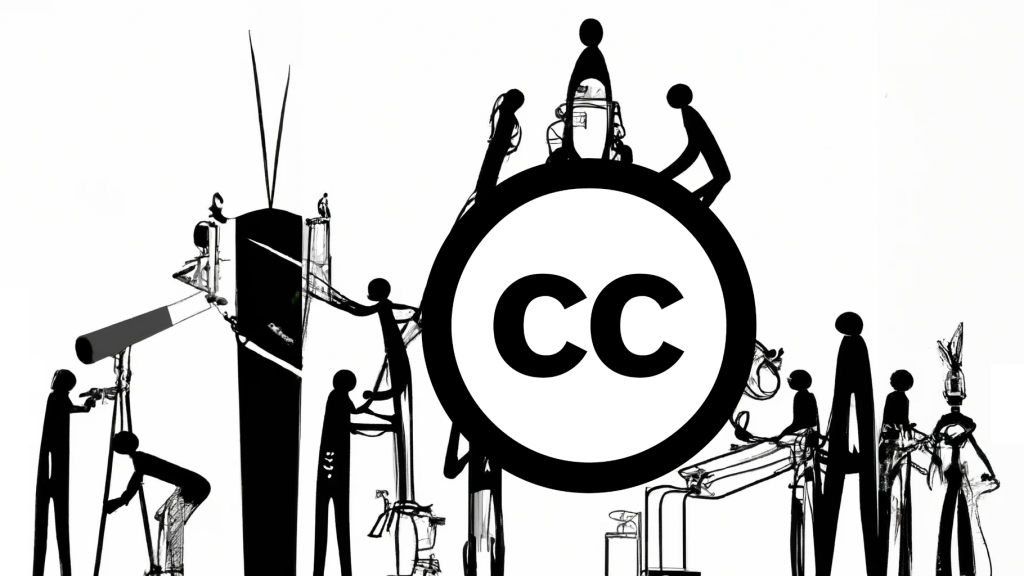 “CC Icon Statue” by Creative Commons, generated in part by the DALL-E 2 AI platform. CC dedicates any rights it holds to this image to the public domain via CC0.
“CC Icon Statue” by Creative Commons, generated in part by the DALL-E 2 AI platform. CC dedicates any rights it holds to this image to the public domain via CC0.
Many wonder what role CC licenses, and CC as an organization, can and should play in the future of generative AI. The legal and ethical uncertainty over using copyrighted inputs for training, the uncertainty over the legal status and best practices around works produced by generative AI, and the implications for this technology on the…
Wikipedia Moves to CC 4.0 Licenses
by Creative Commons Licenses & Tools post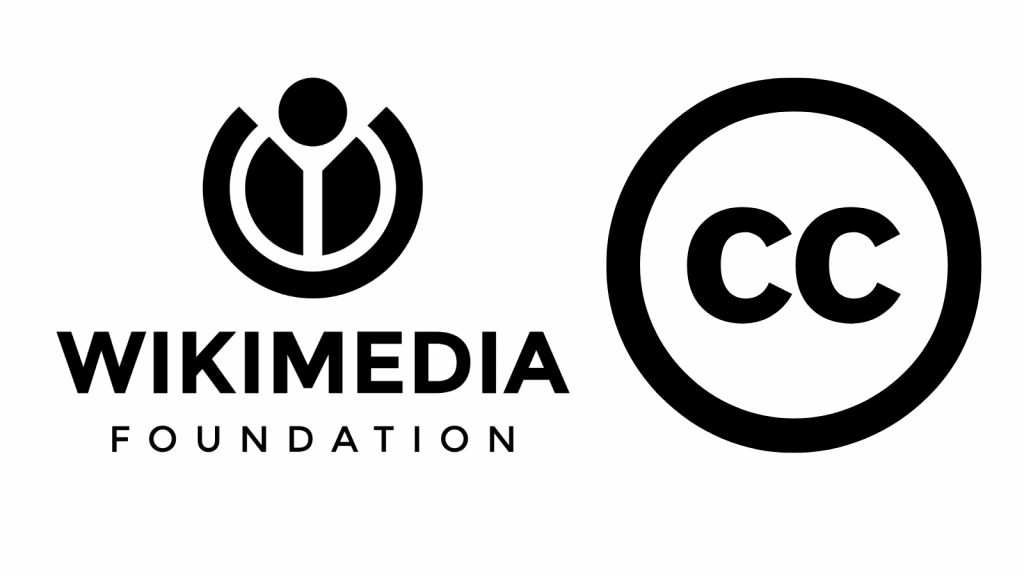
We are thrilled to announce that Wikipedia and other Wikimedia projects have now adopted version 4.0 of the Creative Commons BY-SA license! The project first began using version 3.0 of the CC licenses in 2009 following a community process, having previously used the GNU Free Documentation License. This decision, made as part of a Terms…
Training: Open Licenses for Artists, Musicians and Creators
by Jennryn Wetzler Licenses & Tools post Macrofotografia Drops & Flowers by Mario Jr. Nicorelli, slightly cropped, is licensed under CC BY-NC 2.0.
Macrofotografia Drops & Flowers by Mario Jr. Nicorelli, slightly cropped, is licensed under CC BY-NC 2.0.
Curious about Creative Commons licenses? Join Creative Commons staff for an overview of the six CC licenses and two public domain tools. We will describe the CC license and tool elements, their legal, machine-readable, and human-readable layers, as well as show practical use cases for each of the licenses and tools. Participants will engage in…
What’s Next for CC Licenses
by Sarah Hinchliff Pearson Licenses & Tools post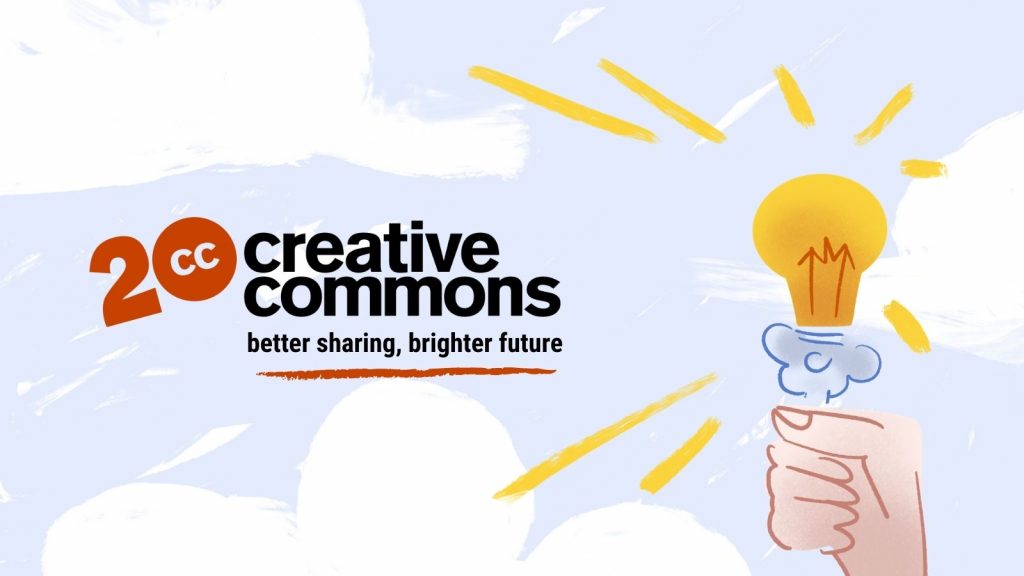
In this 20th anniversary year of the CC license suite, we are pleased to be renewing our commitment to license stewardship. Creative Commons has always taken its stewardship responsibilities seriously, engaging in multi-year consultation processes for versioning the tools, publishing official translations of the licenses into dozens of languages, and working to educate people about…
Creative Commons’ Statement on CC licenses and the Text and Data Mining Exception Under Article 4 EU CDSM Directive
by Brigitte Vézina Copyright post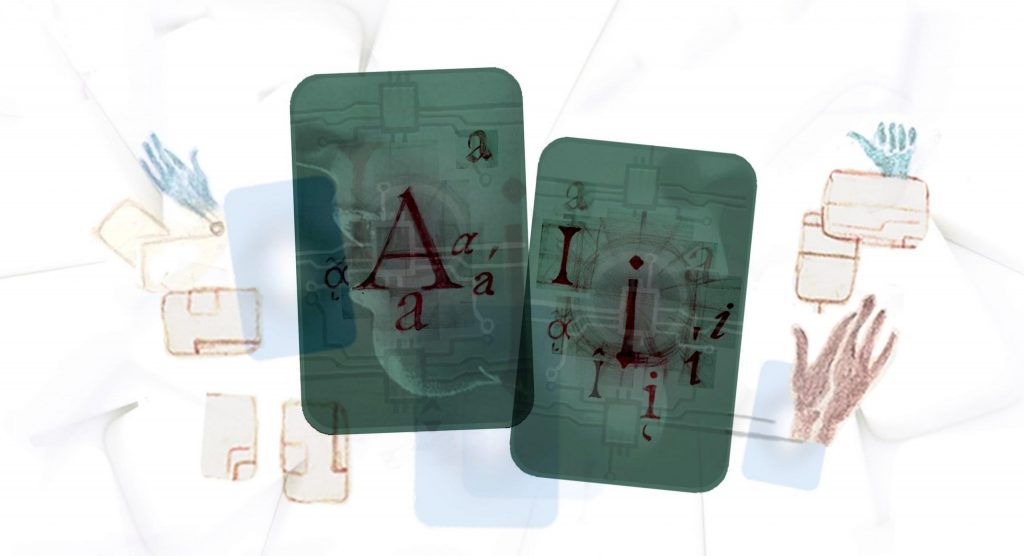 Alina Constantin / Better Images of AI / Handmade A.I / CC-BY 4.0
Alina Constantin / Better Images of AI / Handmade A.I / CC-BY 4.0
Creative Commons’ statement on the Opt-Out Exception Regime / Rights Reservation Regime for Text and Data Mining under Article 4 of the EU Directive on Copyright in the Digital Single Market is now available here. We’re grateful to everyone who contributed their many thoughtful comments during the public consultation period, which has now come to…
At the Intersection of NFTs and Creative Commons Licenses
by Catherine Stihler Open Culture post
Like many people on the internet, we here at Creative Commons have been thinking about NFTs, and the possibilities that unique digital assets might bring for artists and creators. (By the way, did you know that Beeple, the artist who famously sold an NFT for $69 million, has been using CC licenses for years?) Most…
German Public Broadcaster ZDF Releases Dozens of Videos Under CC Licenses
Uncategorized post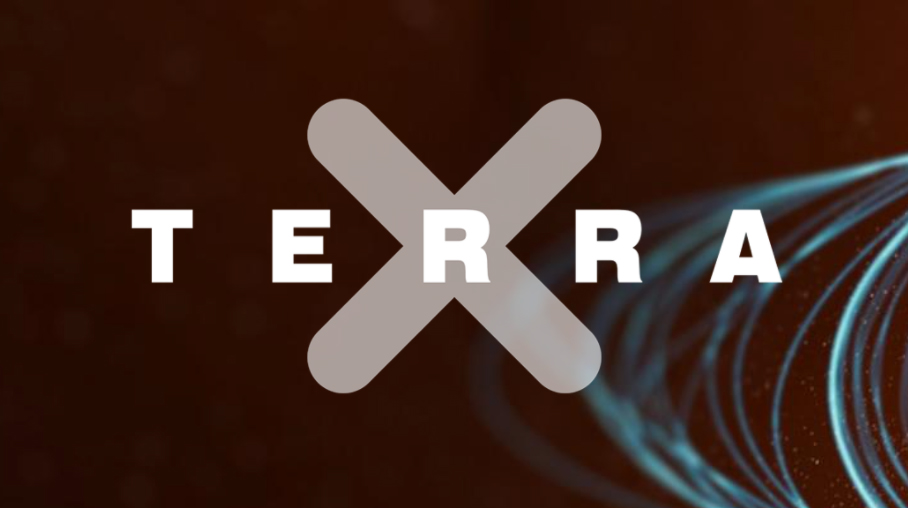
In theory, publishing publicly funded television content under open licenses should be a no-brainer. As with publicly funded research, open licenses improve distribution, allow for remix creativity, and unlock access to popular free knowledge platforms such as Wikipedia. In practice, however, advocates of open licenses in the realm of public-service media face several hurdles, such…
About CC Licenses
page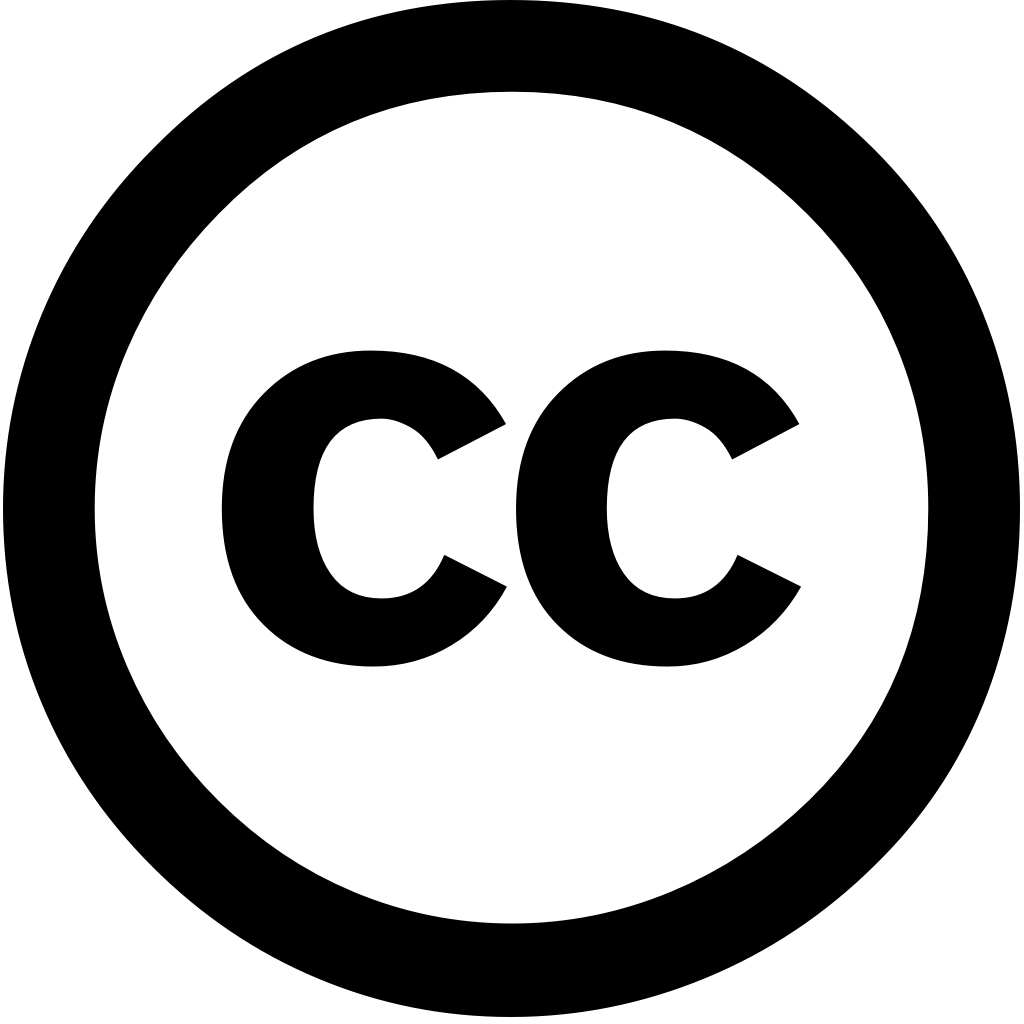
Creative Commons licenses give everyone from individual creators to large institutions a standardized way to grant the public permission to use their creative work under copyright law. From the reuser’s perspective, the presence of a Creative Commons license on a copyrighted work answers the question, What can I do with this work? The CC License…
Using CC Licenses and Tools to Share and Preserve Cultural Heritage in the Face of Climate Change
by Brigitte Vézina Licenses & Tools, Open Culture post "Sultan Ahmed Mosque" by Konevi (CC0) via Pexels
"Sultan Ahmed Mosque" by Konevi (CC0) via Pexels
On the occasion of both Earth Day and World Intellectual Property Day, which this year centers on the theme of Innovation for a Green Future, we’d like to underline the importance of cultural heritage preservation as a response to the threats posed by climate change. In this post, we’ll also share some insights on how…
Why Sharing Academic Publications Under “No Derivatives” Licenses is Misguided
by Brigitte Vézina Licenses & Tools, Open Education post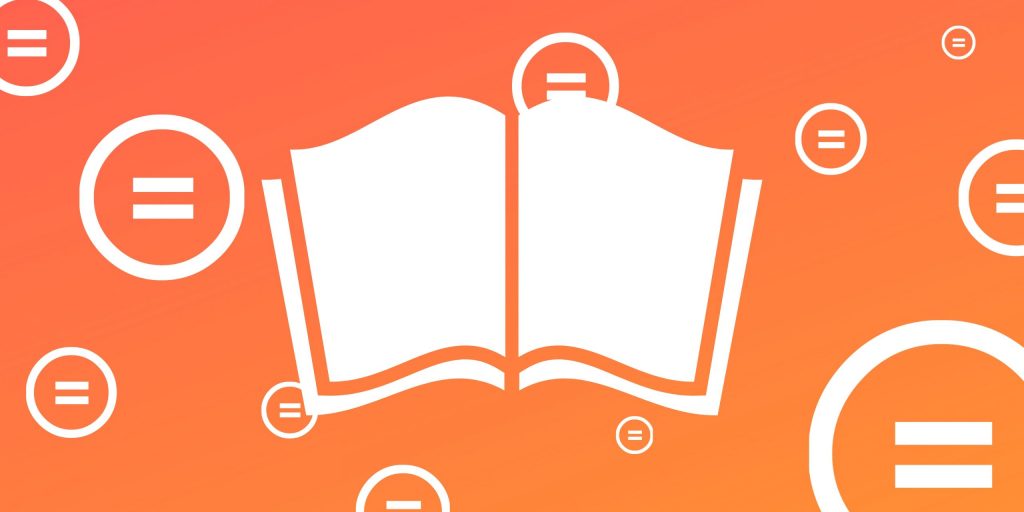
The benefits of open access (OA) are undeniable and increasingly evident across all academic disciplines and scientific research: making academic publications1 freely and openly accessible and reusable provides broad visibility for authors, a better return on investment for funders, and greater access to knowledge for other researchers and the general public. And yet, despite OA’s obvious…